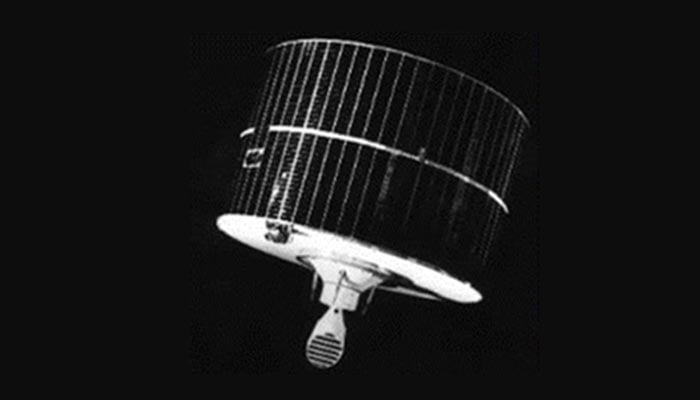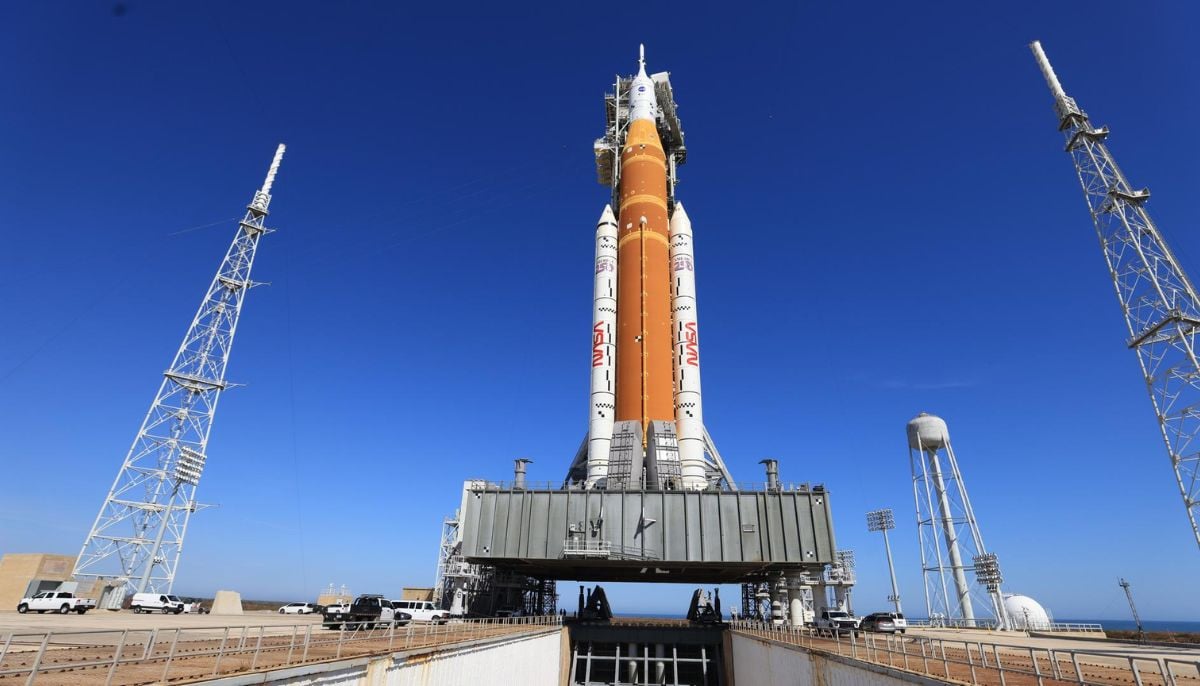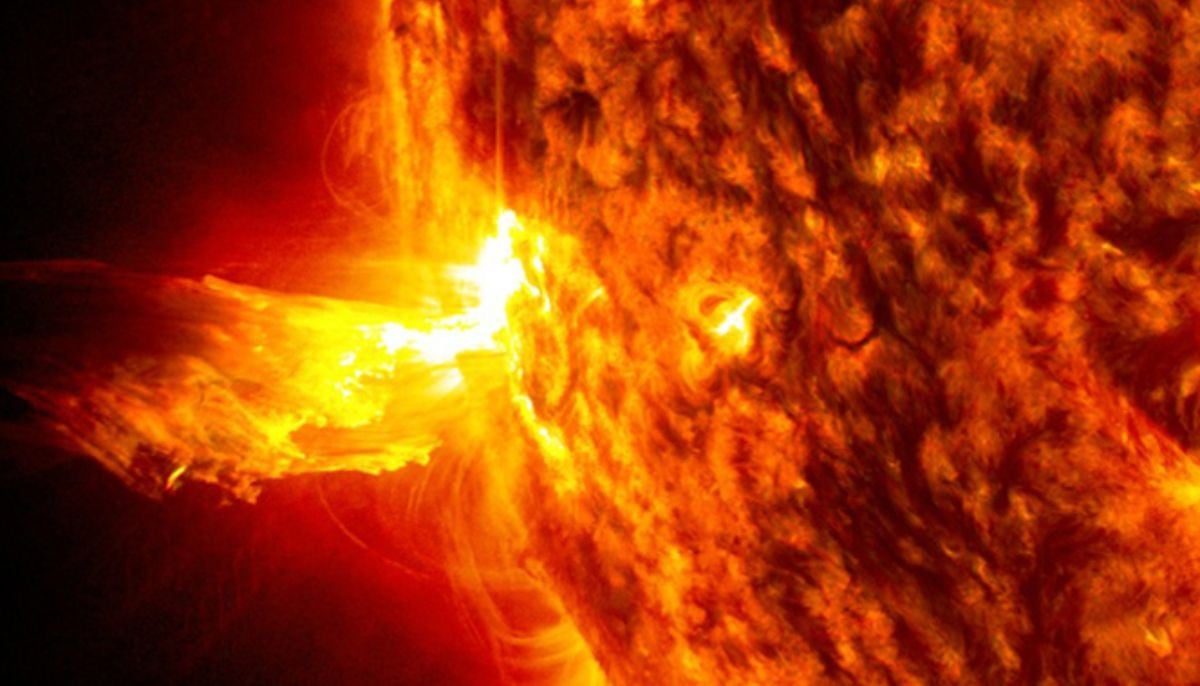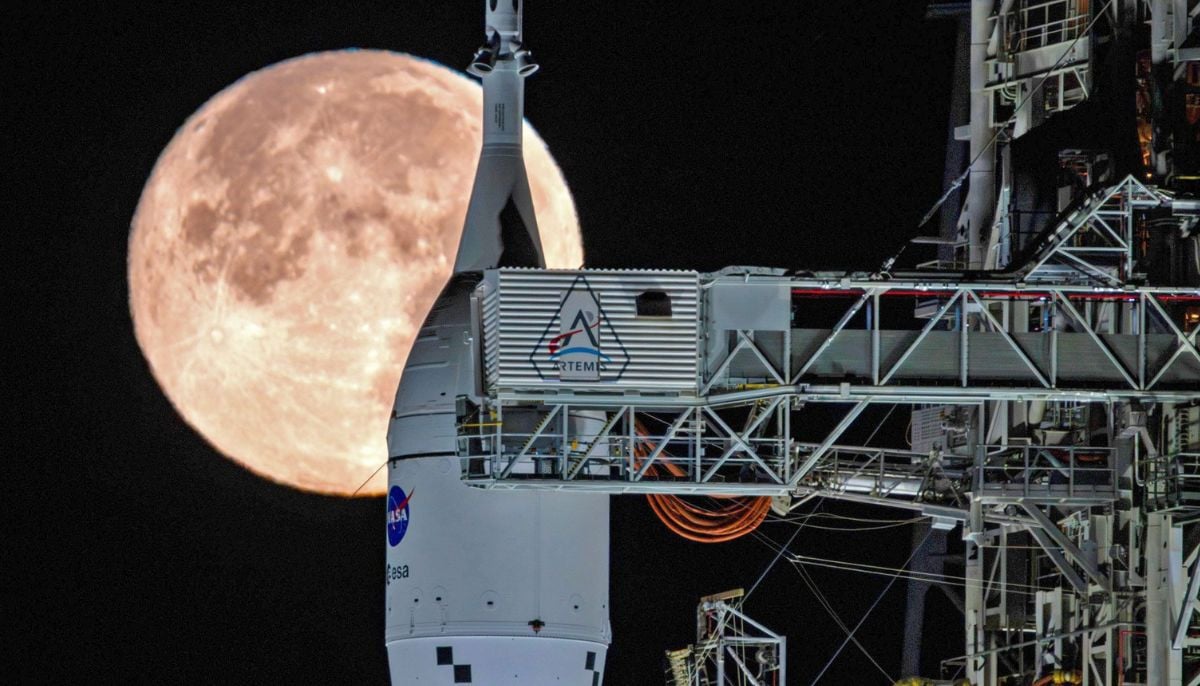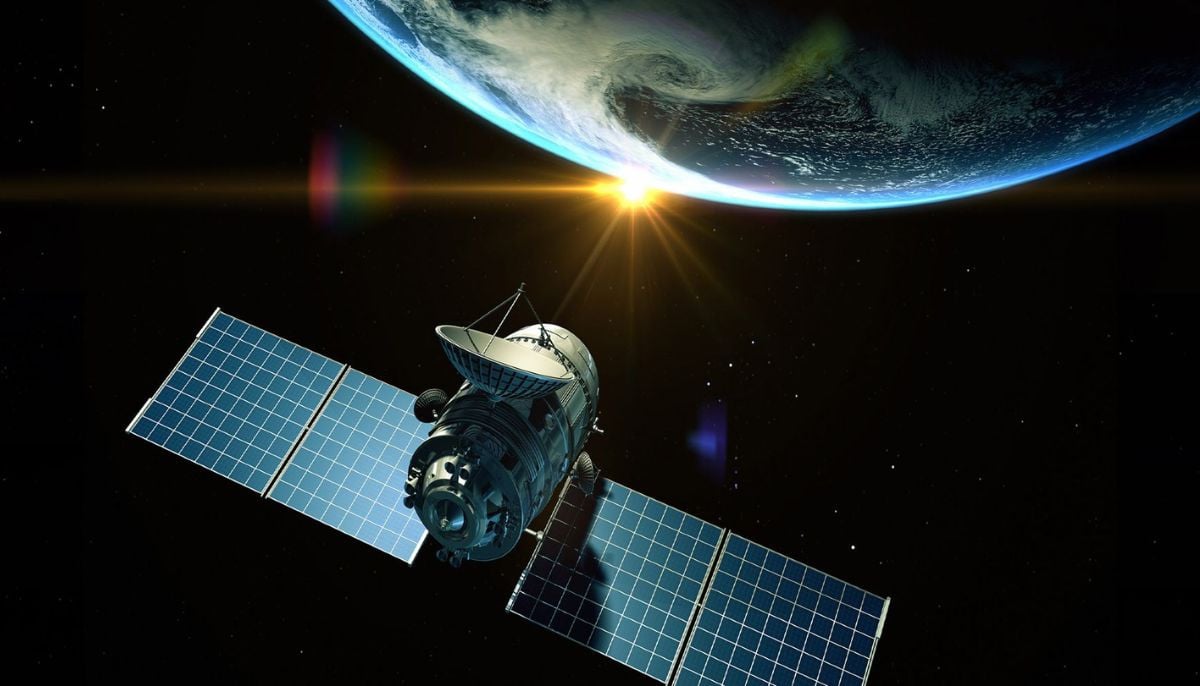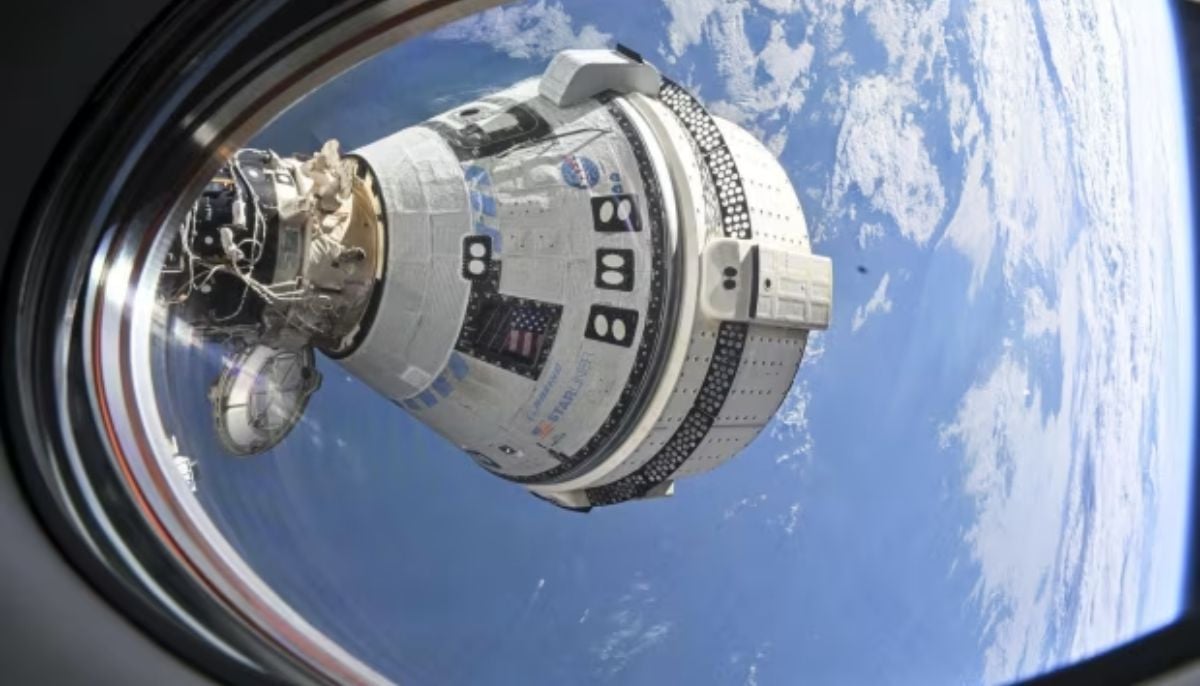UK's oldest satellite drifts astray in space on its own
Skynet-1A satellite leaves scientists scratching their heads as they have no idea who moved it and how
The United Kingdom's oldest satellite, Skynet-1A, recently made headlines across the country as it drifted away deep into space from its expected trajectory, leaving scientists wondering who moved it and how.
The satellite was launched into space in 1969 soon after man landed on the moon for the first time and was initially positioned over East Africa to aid British military communications.
However, scientists recently found it far from its expected trajectory over the Indian Ocean, hovering above the Americas, but they have no idea who moved it or how, according to the Daily Express.
According to the scientists, orbital mechanics suggest that a half-tonne heavy satellite shouldn't drift that far on its own, which leads to the conclusion that it was intentionally moved.
Nobody can say who would want or be able to do such a thing. But is the satellite's relocation a good thing or a bad thing?
Space consultant Dr Stuart Eves told the BBC: "It's still relevant because whoever moved Skynet-1A did us few favours.
“It's now in what we call a 'gravity well' at 105° West longitude, wandering backwards and forwards like a marble at the bottom of a bowl. And unfortunately this brings it close to other satellite traffic on a regular basis.
"Because it's dead, the risk is it might bump into something, and because it's 'our' satellite, we're still responsible for it.
The satellite was made in the United States and put in space by a US Air Force (USAF) Delta rocket.
Thanks to veterans of the programme that put it in space, the satellite revolutionised UK telecommunications capacity and allowed London to communicate securely with British forces, such as Singapore.
Rachel Hill, a PhD student from University College London, has reviewed documents and believes that plausible explanations exist for how the satellite has arrived at its present location.
She said: "A Skynet team from Oakhanger would go to the USAF satellite facility in Sunnyvale (colloquially known as the Blue Cube) and operate Skynet during 'Oakout'. This was when control was temporarily transferred to the US while Oakhanger was down for essential maintenance. Perhaps the move could have happened then?”
-
Sun appears spotless for first time in four years, scientists report
-
SpaceX launches another batch of satellites from Cape Canaveral during late-night mission on Saturday
-
NASA targets March 6 for launch of crewed mission around moon following successful rocket fueling test
-
Greenland ice sheet acts like ‘churning molten rock,’ scientists find
-
Space-based solar power could push the world beyond net zero: Here’s how
-
Hidden ‘dark galaxy' traced by ancient star clusters could rewrite the cosmic galaxy count
-
Astronauts face life threatening risk on Boeing Starliner, NASA says
-
Giant tortoise reintroduced to island after almost 200 years
